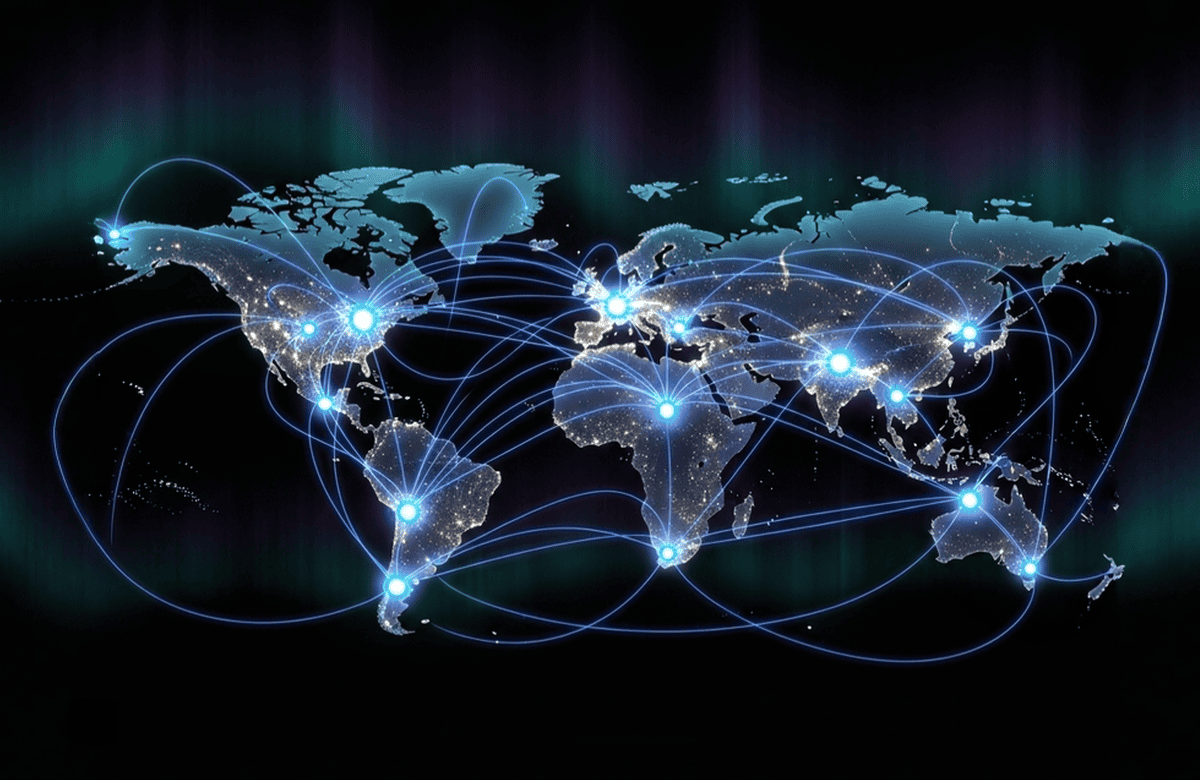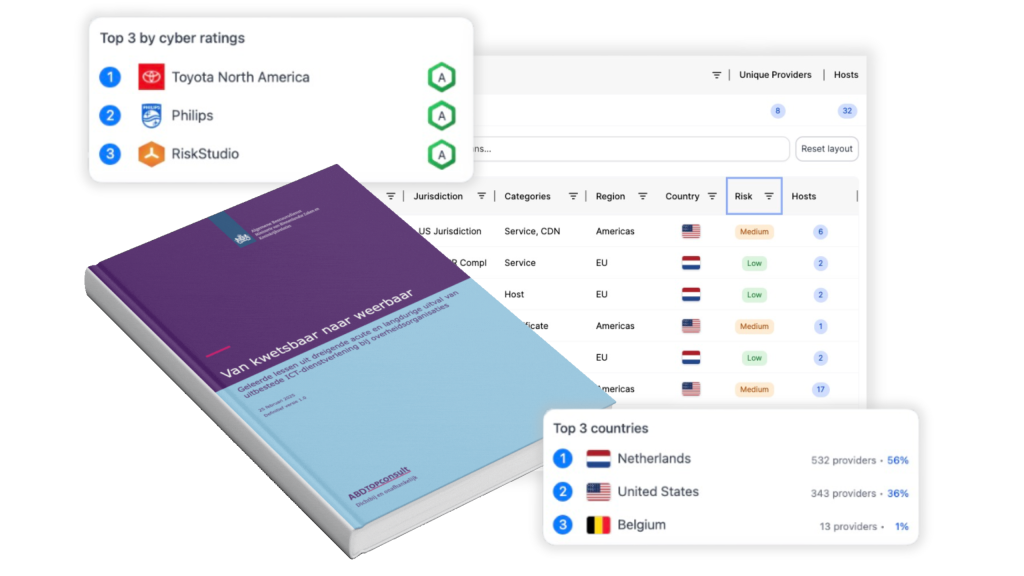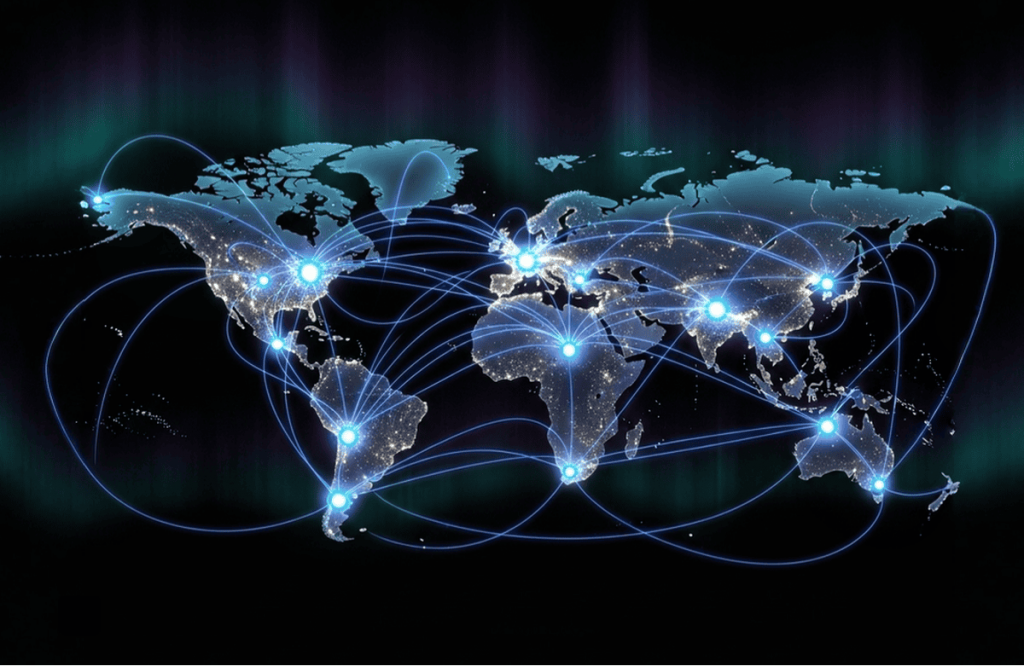Digital sovereignty has become a key topic for governments, businesses, and individuals in recent years. With data, applications, and services increasingly hosted in global cloud environments, the question of who really controls digital assets and infrastructures is more relevant than ever.
But what does digital sovereignty mean in practice, and why should your organization care?
What is Digital Sovereignty?
At its core, digital sovereignty is about having the ability to control and govern your own digital infrastructure, data, and technologies without being overly dependent on foreign providers or external powers. It ensures autonomy and trust in the digital space.
In practice, this includes three interconnected dimensions:
- Data sovereignty – Ensuring data is stored, processed, and protected under the laws and regulations of the relevant jurisdiction (e.g., GDPR, NIS2).
- Infrastructure sovereignty – Maintaining control over critical digital infrastructure such as networks, cloud platforms, and communication systems.
- Technological sovereignty – Reducing dependency on external providers for essential digital technologies like cybersecurity tools, AI platforms, or enterprise software ecosystems.
Why Digital Sovereignty matters in 2025
Digital sovereignty is not just a political concept, it has direct business impact. Companies that do not address this issue are exposed to risks in four key areas:
- Compliance and regulations – Companies must ensure that sensitive data stays within legal frameworks such as GDPR, NIS2, DORA, or industry-specific standards. Hidden dependencies can quickly undermine compliance.
- Resilience and risk management – Over-reliance on a single supplier or foreign cloud provider increases vulnerability. Disruptions, sanctions, or sudden policy changes can directly impact operations.
- Trust and reputation – Customers, partners, and regulators expect transparency. Demonstrating where and how data is handled builds credibility.
- Innovation and competitiveness – Controlling your own digital assets allows you to innovate with confidence, without being constrained by vendor lock-in or external geopolitical pressures.
Europe’s reliance on U.S. hyperscalers highlights the sovereignty gap. Despite building strong legal frameworks like GDPR, Europe’s critical infrastructure often still runs on platforms owned by a few foreign tech giants. Laws such as the U.S. CLOUD Act mean that American authorities can access data stored on European soil, this raises questions about autonomy, privacy, and long-term resilience.
Digital Sovereignty and supply chain risks
A crucial but often overlooked aspect of digital sovereignty lies in the supply chain. Even if your own systems are compliant and under control, suppliers and partners may use technologies that compromise sovereignty.
For example:
- A supplier may rely on cloud storage outside your jurisdiction.
- A partner might expose your data through third-party software dependencies.
- Geopolitical developments can suddenly restrict access to vital services.
In other words, your sovereignty is only as strong as your weakest supplier. Achieving true sovereignty means extending visibility and control across your entire ecosystem.
How RiskStudio helps you strengthen Digital Sovereignty
At RiskStudio, we understand that digital sovereignty doesn’t stop at your own systems, it extends across your entire supply chain. That’s why our platform gives you the tools to reveal hidden risks, act with confidence, and stay compliant.
With RiskStudio, you can:
- Reveal hidden risks: Identify which cloud providers your vendors use and their jurisdiction, so you prevent non-compliance with GDPR or NIS2.
- Guarantee data residency: Map the physical locations of your infrastructure to ensure data stays in the right region for full compliance.
- Eliminate dependencies: Discover what technologies your vendors are using and where they are coming from to minimize geopolitical risks and vendor lock-in.
- Prevent surprises: Monitor data breaches, leaked credentials and vendor vulnerabilities in real-time so you address sovereignty risks immediately.
- Stay ahead of the competition: Compare your risk profile with peers to identify weaknesses and strengthen your competitive position.
- Streamline compliance: Manage supplier relationships to meet sovereignty regulations, for greater control and business continuity.
By combining infrastructure, location, and technology intelligence with daily cyber ratings and real-time monitoring, RiskStudio gives you the visibility and control to strengthen sovereignty across your entire digital supply chain.
👉 Ready to see how sovereign your organization really is?
Request a CompanyReport and get a fact-based assessment in just 30 minutes.
Or use our CompanyMonitor for continuous, daily insights across your supply chain.






